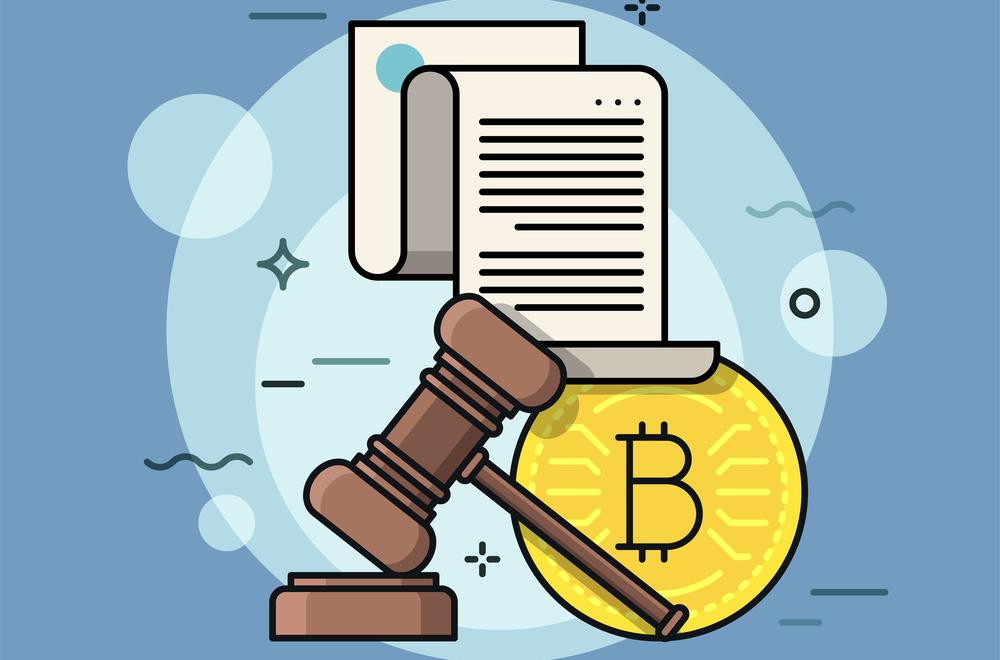Former Russian President and current Prime Minister Dmitry Medvedev says the Kremlin’s attempt to introduce tough cryptocurrency regulations is proving more difficult than previously imagined and the country’s effort might ultimately prove to be counterproductive.
Cryptocurrency Regulations Need to Adapt
Speaking during “The Future of the Legal Profession” plenary session at the International Legal Forum in St. Petersburg on Thursday (May 1, 2019), the head of the Russian government declared that cryptocurrency regulations should be adaptable to the ever-evolving digital landscape.
According to the Russian Prime Minister:
“Transactions in the digital environment are a reality that we can no longer ignore. We need to establish basic provisions in civil law, translate such slang expressions as a token or cryptocurrency into the language of law.”
Prime Minister Medvedev said trying to enact restrictive regulations would ultimately backfire saying that there was no stopping the advance of digital currencies. Instead of tough regulations, the former Russian President said the Kremlin ought to pursue a more flexible and lenient legal framework for cryptocurrencies.
There is yet to emerge any global consensus on how to regulate cryptocurrencies. Countries like China and India continue to pass laws and policies banning bitcoin and other virtual currencies.
Russia Risks Falling Behind
Medvedev’s comments come even as the State Duma – Russia’s legislative arm continues to try to come up with robust regulations for the nation’s cryptocurrency sector. Since December 2018, Russia’s parliament has been trying to regularize its digital finance sector.
President Vladimir Putin even gave a July 2019 ultimatum to the State Duma for clear-cut cryptocurrency regulations. Given the recent sentiments expressed by Medvedev, such a timeline might no longer be feasible.
With Russia moving slowly on the cryptocurrency regulatory front, the country might be losing further ground in the race to becoming a world power in the emerging digital landscape. Countries like Japan, Thailand, and Switzerland have taken huge steps to create clear legal structures for their respective local crypto and blockchain scenes.
Thailand and Switzerland even lead the way in cutting edge regulations for security tokens which might attract more token issuers into those countries. Russia does have some incentives for creating a better regulatory framework for digital assets.
Reports indicate that the Kremlin is looking for ways to circumvent U.S. sanctions. State officials say the country is buying up gold and Bitcoin as a way of building up reserves not tied to the U.S. dollar.







